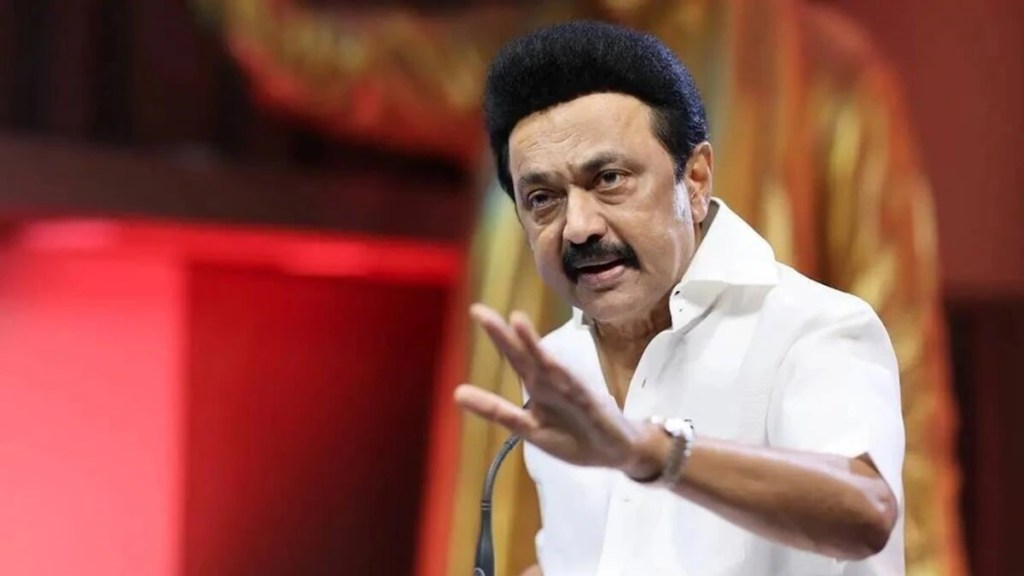The Tamil Nadu government moved a resolution against the Waqf Amendment Bill in the state Assembly on Thursday. Chief Minister MK Stalin contended that the Bill was “destroying” the rights of Muslims and noted that several Opposition parties have also voiced their concerns.
“The central government is inserting schemes that are against state rights, culture, and tradition. In India, various cultures, traditions, and languages are present, but they are doing it with the intention of taking revenge on the states. The Waqf Amendment bill is against Muslims,” Stalin told the Assembly.
The DMK chief claimed that the Waqf Amendment Bill was “destroying the rights of Muslims” and contended that the Central government had “never thought about the welfare of the Muslims and their rights”. The development also comes mere days after the Karnataka Assembly passed a similar resolution against the Waqf Bill amid a walkout by the Opposition BJP.
Stalin said that the amendments would “hinder the Waqf Board’s power” and go against the existing freedom of religion. The resolution also stated that the Waqf Amendment Bill would badly affect the minority Muslims to be withdrawn.
“People are living in religious harmony in India. The Constitution has provided rights for all people to follow their religion. The elected Governments have the rights to protect it. The Assembly unanimously insists that the Union Government should recall the Waqf Amendment Bill in 2024 for Waqf Act 1995 which will badly affect the minority Muslims to be withdrawn,” it said.
The Waqf (Amendment) Bill, 2024, aims to address key challenges by introducing reforms such as digitisation, enhanced audits, improved transparency, and legal mechanisms to reclaim illegally occupied properties. The government has formed a Joint Parliamentary Committee to examine the Bill in consultation with experts and stakeholders. The Bill is likely to be tabled before the Lok Sabha in the coming days — setting the stage for yet another round of confrontation between the Modi government and Opposition parties.

